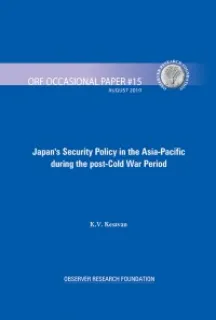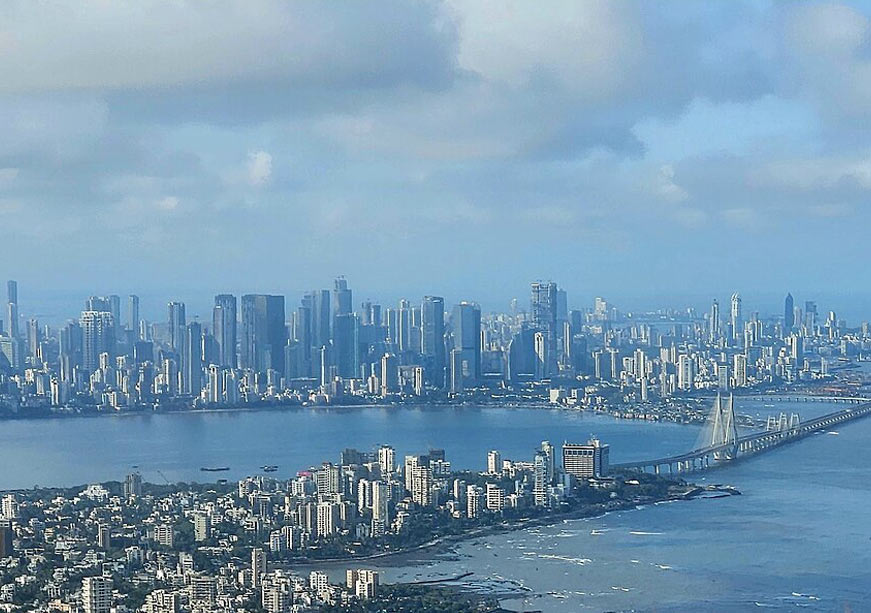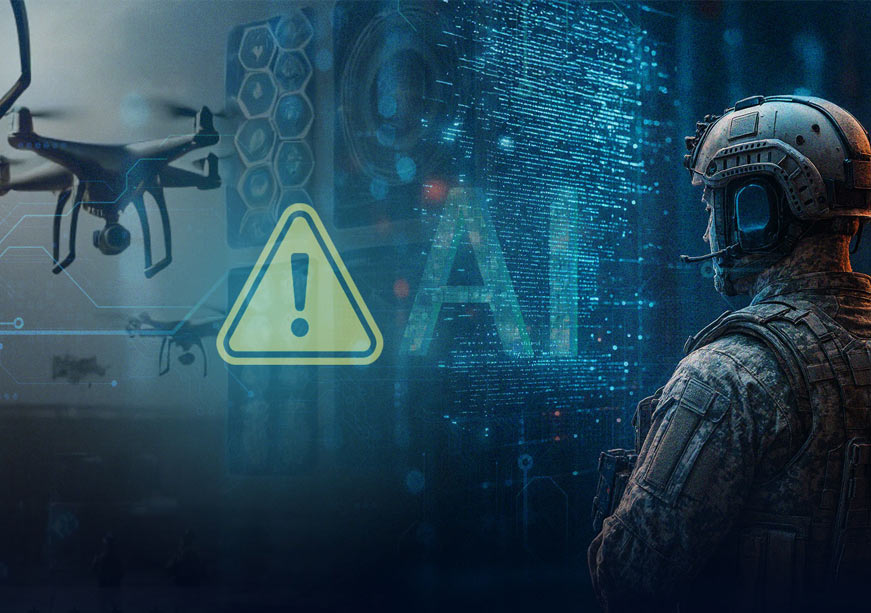The Asia-Pacific region has now emerged as the main centre of dynamic economic and technological development in the world. Though the success story of Japan’s rise to the status of an economic super power is too well-known, the growth trajectories of China and India , if their current tempo of growth is sustained, will add new dimensions to the emerging economic and security architecture of Asia as a whole.
One outstanding feature of the post-Cold War period is seen in the deepening of interdependence that is taking place among AsiaPacific countries. There are strong trends towards economic integration as is evident by the conclusion of numerous free trade/economic partnership agreements and these will gather greater strength in the coming years as the efforts to build an Asian Community are accelerated. Multilateral bodies like the ASEAN, ASEAN+3, the ASEAN Regional Forum and APEC contribute to strengthen the trends towards regional integration. Many countries, which had earlier shunned multilateral security arrangements, have now changed their policies and today they are quite inclined to welcome them. However, the Asia-Pacific region is also very complex since it is home to diverse problems including those connected with territories, terrorism, ethnic and religious fundamentalism, nuclear proliferation, maritime security,
and fierce competition for energy. Concerns over North Korea’s nuclear weapons and ballistic missiles, and China’s military modernization, have also deepened. In addition, there are flash points like Taiwan that could flare up suddenly and destabilize the security situation of the region.
There are many aspects of Japan’s security policy that need to be studied carefully. Despite domestic political changes, the alliance with the US still constitutes the cornerstone of Japan’s security policy. Relations between Japan and the US have become more stable and balanced now and Tokyo has assumed several responsibilities, which it could not take up earlier. The rise of China and North Korea’s nuclear and missile technology programme have increased the dependence of Japan on the US.
In the case of China, Japan has developed a strategy of engaging Beijing in both economic and political spheres. But since there is a great deal of volatility in their relations historical legacies, the dispute in the East China Sea on oil and gas resources and the territorial issue relating to the Senkaku islands Japan also believes in a policy of hedging against Beijing. North Korea is another major concern and Pyongyang’s relentless pursuit of nuclear and missile technologies programmes has deepened Japanese security concerns. Within Japan there is still no national consensus on amending Article Nine of the Constitution which has prevented Japan from assuming collective selfdefence measures against external threats and as things stand now, there are no immediate prospects for any early constitutional change. While keeping its security alliance with the US as an anchor, Japan has been making systematic efforts to increase its diplomatic options by moving closer to countries like India, Australia and the ASEAN Group. It is significant that Japan has signed declarations on security cooperation with India and Australia. Simultaneously, it has also expanded its military capabilities through a series of mid-term build-up programmes.
In the post-Cold War years, Japan’s Self-Defence Forces have been playing an expanding role in the Indian Ocean region, Afghanistan and Iraq. Still, Japan is far from a position of exercising, its full strategic autonomy; until then, Japan’s dilemma between its growing security concerns and the limitations laid by its Constitution will continue to be a major challenge. Japan will have to address this dilemma in the coming years if it wants to become a ‘normal country’.

 PDF Download
PDF Download



 PREV
PREV


